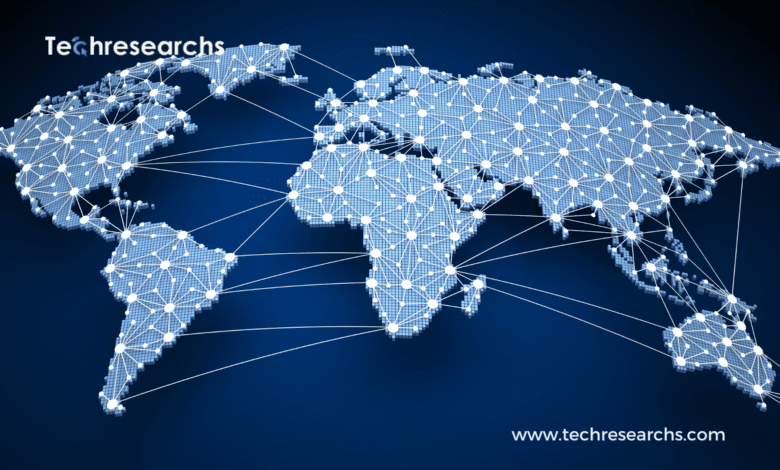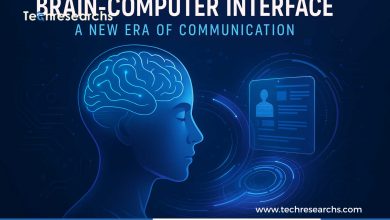Decentralized Web: Unlocking a New Internet for Users

Decentralized Web: The internet, our portal to a world of information and connection, has experienced a profound transformation since its inception. From the static Web 1.0 to the interactive Web 2.0, we’ve witnessed a constant evolution towards a more dynamic and user-centric online experience.
However, the current centralized model of the internet, dominated by tech giants, has given rise to concerns about data privacy, censorship, and control. In response to these challenges, a new paradigm is emerging – the decentralized web, often referred to as Web 3.0.
The Centralized Web: A Paradigm of Control
Today’s internet, known as Web 2.0, is characterized by a centralized structure where corporate behemoths like Google, Facebook, and Amazon wield significant influence over vast amounts of user data, and they dictate the rules of online engagement. This concentration of power has led to several issues, including:
Data Privacy Concerns: Centralized platforms collect and monetize user data without transparent consent or adequate privacy safeguards.
Censorship and Algorithmic Bias: Centralized entities can manipulate content and search results, potentially restricting access to information and promoting biased viewpoints.
Limited User Control: Users often have limited control over their data and online experiences, subjected to targeted advertising and algorithmic profiling.
The Rise of the Decentralized Web: Empowering Users
Web 3.0, the next stage of the internet’s evolution, aims to address these concerns by introducing a decentralized architecture underpinned by blockchain technology. In this decentralized model, data isn’t stored on centralized servers but is instead distributed across a network of computers, creating a more secure and transparent environment.
Here are some fundamental principles that define the decentralized web:
User Ownership: Users retain ownership and control over their data, deciding how it’s shared and utilized.
Decentralized Governance: Open protocols and community-driven decision-making replace centralized control.
Interoperability: Applications and platforms can interact seamlessly, breaking down silos and fostering innovation.
The Transformational Potential of Web 3.0
The decentralized web has the potential to revolutionize various aspects of our online experience, including:
Data Ownership and Privacy: Users can take control of their data, choose with whom they share it, and limit data collection practices.
Censorship Resistance: Decentralized platforms are less vulnerable to censorship, allowing for a more open and diverse online environment.
Enhanced Security: Blockchain technology provides a secure and transparent foundation for data storage and transactions.
Empowering Communities: Decentralized applications can empower communities to self-govern and manage their online spaces.
Navigating the Decentralized Landscape
While the decentralized web offers tremendous promise, it’s still in the early stages of development. Navigating this evolving landscape involves understanding the challenges and opportunities that lie ahead:
Scalability: Scaling decentralized applications to accommodate large user bases and transaction volumes remains a challenge.
Usability: User-friendly interfaces and seamless onboarding are crucial for mass adoption.
Regulatory Frameworks: Clear and supportive regulatory frameworks are needed to encourage innovation and protect users.
Learn more about Web3 in 2023: What to Expect?
Conclusion: Embracing the Decentralized Future
The ascent of the decentralized web represents a significant shift in the evolution of the internet. It promises a more user-centric, secure, and transparent online experience, empowering individuals to take control of their data and online interactions.
While challenges persist, the potential of Web 3.0 to reshape the internet landscape is undeniable. As we embrace this new paradigm, we must actively engage in shaping its development and ensuring that it aligns with our values of privacy, freedom, and inclusivity.



